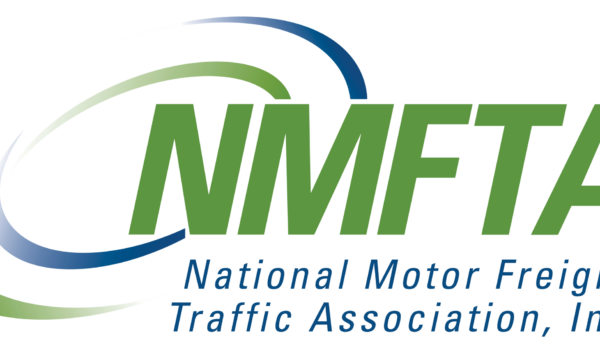While on the road, truck drivers have to find ways to charge their mobile devices, tablets and computers, just like the rest of the world. And while we try to avoid hacker threats every day, one might think the simple act of recharging a battery in a public setting would present little concern.
But one might be wrong.
What Is Juice Jacking?
The Federal Bureau of Investigation (FBI) is again warning travelers of a significant threat from using public USB charging ports. Most people who spend time in public have seen these ports in locations like hotels, airports, and stadiums. They present themselves as convenient and sometimes a lifesaver when a traveler’s battery is about to die.
But the FBI says criminals have found ways to compromise these public ports. Using the USB connection, they gain unauthorized access to phones, tablets, or computers—or even infect them with malware. As little as one minute could be enough to give hackers access to your personal or business information.
This type of hack is known as “juice jacking,” because while you’re connecting to get more battery power (or juice) criminals are hijacking your device.
How Juice Jacking Can Harm LTL
Consider the potential threat to an LTL trucking company if a driver’s device connects to the company’s operational software. Malware attacks cost trucking companies substantial sums of money if they have to pay a ransom, and it’s astonishing to think an attack could start from using a public USB charging port.
Juice jacking is so common and widespread that the FBI has issued a warning for people to avoid using public charging ports. But the FBI is very serious in warning that it can. So serious, in fact, that it’s urging people to avoid the use of these charging ports.
While juice jacking may sound new to you, it has been a trend among hackers for years. In response, the FBI has issued warnings since 2011, however despite sounding the alarm bells, the threat has become increasingly more severe.
How To Prevent Juice Jacking and Keep Your Devices Safe in Public
So, what can truck drivers and others who spend extensive time traveling on the road do to safely charge their devices? Here are 6 tips to protect your data while traveling:
- Always charge at home: Be sure to fully charge your devices before you leave home.
- Use an AC connector: Use an AC power outlet to charge your devices instead of a USB port. The AC connector doesn’t provide access to your data as the USB does.
- Use mobile chargers: Have your drivers bring their own portable chargers that they can keep in the cabs of their trucks and keep their devices charged while driving.
- Have an external battery backup: Travel with an external battery or a charging-only cable that can’t send or receive data.
- Install anti-virus software: Before your trip, install and ensure you understand how to use anti-virus software.
- Disable Wi-Fi and file sharing: Make it a habit to shut off Wi-Fi and file sharing when you have your device in public.
But what if you’re in public and followed all the protocols to stay safe, and your device still dies? What then? If you are in a bind and you have no other choice than to use a public charging portal, try these 6 sensible steps to help protect your device from juice jacking:
- Use “charge only” options: If you do plug into a public USB port, watch for the prompt asking you to select “share data” or “charge only,” and be sure to select “charge only.”
- Turn your device off: If you have to plug into a public USB charging port, turn your device off; this will help your device charge faster and prevent attackers from gaining access to your device.
- Watch for suspicious apps: If you notice any suspicious apps on your device after using a public charging station, delete them immediately.
- Avoid sensitive data: When on a public network, avoid accessing sensitive data.
- Invest in a VPN: Buy a data plan or use a virtual private network.
- Use familiar Wi-Fi: If you need to connect via a Wi-Fi network, use a familiar one, not some utterly unknown network that pops up as an option.
A trucking company can spend big money on cybersecurity measures in-house and still get attacked by juice jacking. By understanding the known risks of using public USB charging ports, companies can take steps to educate their drivers on how to avoid a nasty cyber attack.
If you have any questions, feel free to e-mail me at antwan.banks@nmfta.org.






